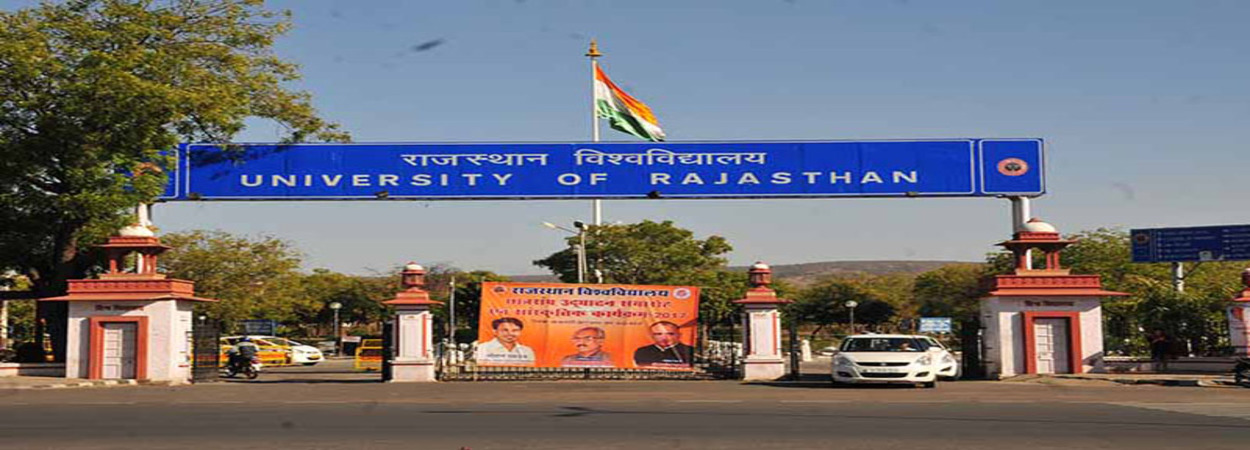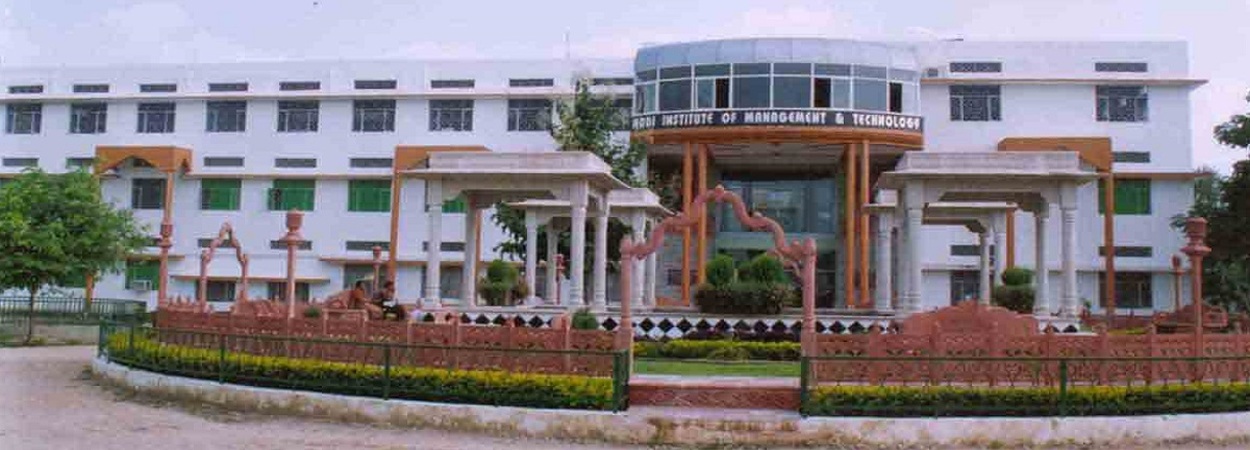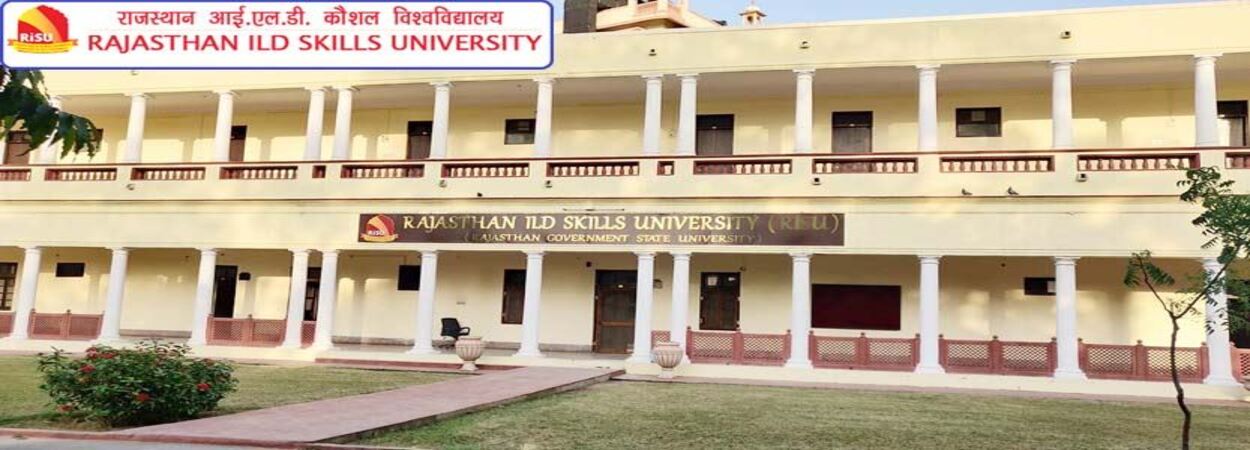Ph.D. Conference: An Entrance to Scholarly Achievement
Embarking on the journey of a Ph.D. is both challenging and rewarding. One avenue that holds immense potential for growth and exposure is participating in Ph.D. conferences. These gatherings serve as platforms where scholars, researchers, and academics converge to share their latest findings, engage in discussions, and build professional networks. In this article, we'll explore the intricacies of making the most out of these conferences and how they contribute to academic excellence.
A Ph.D. Conference is a specialized gathering of scholars, researchers, and academics who come together to share and discuss their latest research findings, innovations, and ideas within a particular field of study. These conferences are integral to the academic community, providing a platform for individuals pursuing a Doctor of Philosophy (Ph.D.) degree to showcase their work, engage in intellectual discussions, and build professional networks.
The primary focus of a Ph.D. Conference is to facilitate the exchange of knowledge and foster collaboration among individuals conducting advanced research. Participants typically present their work through oral presentations, poster sessions, or other formats, depending on the conference's structure. These presentations allow scholars to communicate the significance, methodology, and outcomes of their research to a diverse audience.
Key aspects of a Ph.D. Conference include:
Networking Opportunities: Participants have the chance to connect with peers, mentors, and experts in their field, opening doors for potential collaborations and future research endeavors.
Presentation of Research: Scholars present their research findings to an audience of their peers, offering a platform to receive feedback, engage in discussions, and refine their work.
Professional Development: Beyond presenting research, conferences contribute to the overall professional development of Ph.D. candidates. They provide exposure to the broader academic community and help individuals refine their presentation and communication skills.
Stay Updated with Trends: Conferences offer insights into the latest developments and trends within a specific field, helping participants stay informed about the current state of research.
Publishing Opportunities: Many conferences serve as avenues for scholars to publish their work in conference proceedings or affiliated journals, contributing to the dissemination of knowledge.
Collaborative Opportunities: The collaborative nature of conferences often leads to the formation of new research partnerships, joint projects, and other collaborative initiatives.
Overall, a Ph.D. Conference is a dynamic and interactive forum that plays a pivotal role in the academic journey of Ph.D. candidates. It provides them with a platform to share their contributions to knowledge, receive constructive feedback, and connect with fellow researchers, thereby enriching the academic landscape within their respective fields of study.
Choosing the Right Conference
Selecting the right conference is crucial for maximizing the benefits of participation. Begin by thoroughly researching the conference theme to ensure alignment with your research interests. Additionally, consider the reputation of the organizers and the history of previous conferences they've hosted. A well-organized conference with a history of attracting top-notch presenters can significantly enhance your experience.
Preparing for Presentation
Your presentation is the centerpiece of your conference participation. Craft an engaging abstract that succinctly conveys the essence of your research. Remember, this is the first impression you'll make on fellow participants. Create visually appealing slides that complement your spoken words. A well-organized and visually stimulating presentation can capture the audience's attention and make your research more memorable.
Networking Strategies
Networking is a cornerstone of conference success. Engage in pre-conference networking through social media platforms and online forums. This establishes connections before the event, making face-to-face interactions more comfortable. During the conference, be proactive in introducing yourself to fellow participants. Networking not only opens doors to potential collaborations but also provides valuable insights from peers in your field.
Conference Day
On the day of the conference, present yourself professionally. Dressing appropriately instills confidence and conveys a serious commitment to your research. During your presentation, maintain eye contact, speak clearly, and exude confidence. Remember, you are not just presenting your research; you are also showcasing your expertise and passion for the subject.
Participating in Discussions
Active participation in discussions adds another layer to your conference experience. Attend other presentations, ask insightful questions, and engage in conversations during Q&A sessions. This not only demonstrates your interest in the broader field but also opens avenues for future collaborations and knowledge exchange.
Showcasing Research
In addition to oral presentations, many conferences offer opportunities to showcase your research through posters. A well-prepared poster is a visual representation of your work, attracting curious minds. Learn the art of effectively communicating complex findings in a concise and visually appealing manner.
Building Professional Relationships
Networking extends beyond the conference venue. Exchange contact information with fellow participants and follow up after the event. Building and nurturing professional relationships can lead to collaborative research projects, joint publications, and invitations to future conferences.
Handling Critique and Feedback
Receiving feedback is an integral part of academic growth. Differentiate between constructive criticism and unwarranted negativity. Use feedback as a tool for improvement, refining your research, and strengthening your presentation skills.
Benefits Beyond Presentations
Participating in conferences goes beyond presenting research. It opens doors to publishing opportunities, collaborative research projects, and exposure to the latest trends in your field. The connections made during conferences can shape the trajectory of your academic career.
Post-Conference Reflection
After the conference, take the time to reflect on your performance. Evaluate what went well and identify areas for improvement. This reflective process is valuable for honing your presentation skills and planning for future conferences.
Overcoming Challenges
Ph.D. conferences come with their set of challenges, including time management and dealing with nerves. Develop strategies to overcome these challenges, ensuring you make the most out of your conference experience.
Staying Updated with Trends
The academic landscape is dynamic, with constant advancements in every field. Stay updated with the latest trends by following relevant journals, publications, and online platforms. Incorporate new knowledge into your research, keeping it at the forefront of your field.
Promoting Academic Growth
Participating in Ph.D. conferences is not just about presenting your research; it's about promoting your academic growth. Conferences provide a platform for refining your research skills, learning from peers, and staying abreast of developments in your field.
Conclusion
In conclusion, Ph.D. conferences are invaluable opportunities for academic and professional growth. From networking and presenting research to engaging in discussions and staying updated with trends, these events contribute significantly to the journey of a Ph.D. scholar. Embrace the challenges, celebrate the successes, and let each conference be a stepping stone toward excellence. This blog has unveiled the significant role of Ph.D. conferences in the academic journey. From networking strategies to handling feedback, and the myriad benefits beyond presentations, these conferences are pivotal for academic growth. Embrace the opportunities, refine your skills, and let each conference be a stepping stone toward excellence.
Frequently Asked Questions
How can I choose the right Ph.D. conference for my research?
- Research the conference theme and consider the reputation of the organizers to align with your interests.
What should I focus on when preparing for a presentation?
- Craft an engaging abstract and create visually appealing slides to make a lasting impression.
How do I effectively network during a conference?
- Engage in pre-conference networking, introduce yourself during the event, and follow up afterward.
How can I handle criticism and feedback after my presentation?
- Differentiate between constructive criticism and negativity, using feedback as a tool for improvement.
What benefits can I expect beyond presenting my research at a conference?
- Conferences offer publishing opportunities, collaborative projects, and exposure to the latest trends in your field.

















